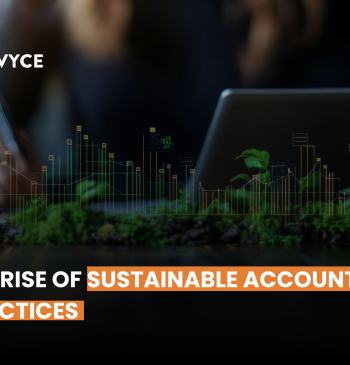01 Jun

Marketable securities are financial liquid tools that can be converted or sold into cash within a year of investment. However, the businesses issue these securities to raise capital for operating expenses or business expansion. A company invests in marketable securities to make short-term earnings with the cash on hand. This article details the types, features and characteristics.
Marketable Securities, Definition
It is a liquid financial instrument that can quickly convert into cash at an excellent price. The liquidity comes from the fact that the maturities tend to be less than one year and that the rates at which they can be sold or bought have little effect on prices.
Types
There are many types of marketable securities, but they all fall under one of two categories, debt or equity securities.
Banker Acceptance
Bankers’ acceptance is also known as bills of exchange. It is a short-term debt instrument that a commercial bank guarantees. The money raised through bankers’ acceptance is utilized to pay short-term liabilities. Bankers’ acceptance is considered a safe payment method because companies prefer to pay through their acceptance for large transactions.
Commercial paper
Commercial paper represents short-term unsecured promissory notes issued to well-known and financially stable companies in minimum units of 25000. It emerged as a source of short-term finance in the early nineties. Moreover, commercial paper is an unconnected promissory note issued by a firm to build funds for a short period, the time duration from 90 days to 364 days. Unlike bankers’ acceptance, it is also used to repay short-term liabilities and purchase current assets and inventory.
Treasury bill
A treasury bill is a bill that the government issues and that is issued at a discount. And these bills are given in the form of the promissory note, and they are highly liquid and assured yield and a slight risk of default. The beauty of T-bills is that they are issued in small denominations with a maturity period of one year. On maturity, the investor gets the face value of T-bills as these are issued at a discount rate.
Mutual fund
Money market mutual funds, often called money funds, are professionally managed by their portfolios of marketable securities. A mutual fund is a collective group of money individuals provide for money managers to invest in various securities.
Importance
Marketable securities are significant for companies in managing their day-to-day business in the context of the company’s entire business strategy. Companies hold cash and marketable securities to ensure they have access to liquid money or asset needed to pay for expenses and costs and fulfill their financial obligation.
Another critical reason to invest in short-term marketable securities is to ensure that they earn a better return than keeping their cash uninvested.
Features
There are many features, but the two most important features are as follows.
Highly liquid
- These are highly liquid and can be easily converted into cash in a short time and at a reasonable price.
- It is maybe the single most crucial feature that every financial instrument must have to classify as marketable security.
- Some of the instruments that exhibit the following characteristics and henced classified as marketable securities are commercial paper, treasury bills, receivable bills, and other short-term instruments.
Easily transferable
- These securities are highly liquid, which is why they are easily transferable.
- These securities are instruments that can easily be transferable on a stock exchange.
- The highly liquid and easily transportable features of these securities complement one another.
Characteristics

- The main characteristic of marketable security is converting into cash quickly.
- Marketable instruments are generally lower-risk financial investments that offer more safety to investors.
- Many marketable securities are traded publicly on a stock exchange or market public, also called the secondary market.
Classifications
These are short-term assets recorded under current assets on the balance sheet. These securities are classified into three categories based on their nature.
Held Until Maturity
The companies hold on to the securities until the maturity date. If the date is well within a year, the investment is called a short-term investment. If the maturity date overtakes a year from the purchase date, they are called long-term investment and non-current assets.
Their fair value is also listed on its balance sheet and ignores the temporary change. Any realized gains or losses are listed on the balance sheet.
For sale
If the securities are not purchased for holding or trading until maturity, they are purchased to sell. As a result, they are also listed at the fair value in the balance sheet with unrealized losses or gains.
For Trading
The marketable securities are purchased solely to generate a short-term profit and are held for less than a year. Along with listing the fair value of the holding in a balance sheet, any incurs gains and losses during the holding period are also recorded. If there are any temporary changes in the market, they record in the income statement.
Key takeaways
- A distinguishing feature of marketable securities is that they are highly liquid and can be readily converted into cash.
- It typically will become mature within a single year. However, this is not required.
- Specific marketable securities are government securities, stocks, bonds, and bills receivable.
Marjina Muskaan has over 5+ years of experience writing about finance, accounting, and enterprise topics. She was previously a senior writer at Invyce.com, where she created engaging and informative content that made complex financial concepts easy to understand.
Related Post
Copyright © 2024 – Powered by uConnect



Marjina Muskaan